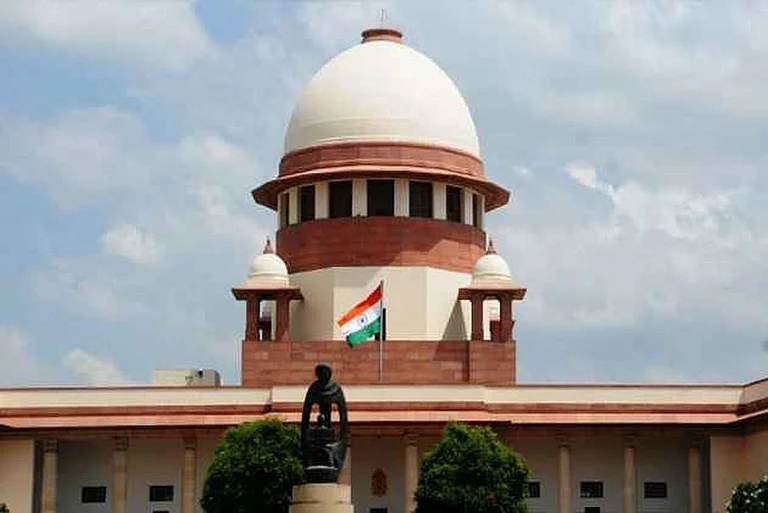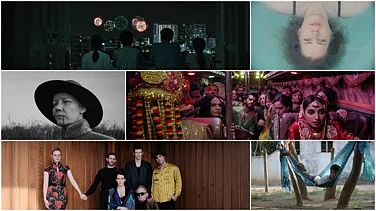Director: Sudhir Mishra
Starring: Nawazuddin Siddiqui, Indira Tiwari, Yogesh Yadav, Aakshath Das
Watching Serious Men was like a trip down memory lane. The quintessential Nawazuddin Siddiqui’s Ayyan Mani reminded me of the characters you see—portrayed with such sincerity in theatre productions like the ones in National School of Drama. The superb Sudhir Mishra (Hazaaron Khwaishein Aisi) doesn’t disappoint—one’s aware of the tremendous craft involved in telling a story with all its socio-political nuances. The fabulously talented child actor (Aakshath Das)—who reminds you of Jugal Hansraj in Masoom—also lifts this effortless and sincere movie. And that lilting opening track: Raat hai kaala chhata, isme kitne saare chhed from the play Bade na khele chhote khel, done many moons ago by NSDians, including Nawazuddin. Sung by Swanand Kirkire, it resonates through the movie.
Serious Men portrays the journey of a father and son with nuanced portrayals of caste, the aspirational lower middle class, the elitist privileged class and finally a smart con job of an intelligent mind. Tormented by his social status as a ‘low-born’, Mani, an ambitious underachiever, manages to ‘manufacture’ his son Adi’s reputation as a child genius. Deeply resentful towards his arrogant upper-caste boss Arvind Acharya, played by M. Nasser, Mani tries to capitalise on his son’s newfound fame to improve his family’s fortunes. Till it all falls apart….
Within the faultlines of the narrative of the film lies the hypersensitivity of our glorified democracy that still thrives on the ‘jugaad approach’, sensationalism and a range of social ills.
The film overwhelms the viewer with its unflinching tale of the rise and fall of a protagonist that is so truthfully indicative of who we are as people today. From a fake child genius to the mediocrity of the classroom to the provocation by a sensationalist media, everything is right about the film, based on the book by Manu Joseph.
Mishra masterfully spins a story about the end of innocence of a ‘child prodigy’ concocted by a father who has an unfulfilled desire of being somebody; and a mother (Indira Tiwari) who lives in the lies that her spouse so craftily creates. It is also a story of finding one’s own true self, however guilt-ridden. Within the faultlines of human wants and desires of the truly marginalised, there is a truth that looms large. It is not for the privileged to know.
The film also turns the arclight on the grotesque, amoral politics of our times when it comes to electoral fortunes—like hungry hyenas grabbing at anything, it doesn’t adhere to any idealism. As we still grapple with issues of caste-ridden politics, gross social manipulations and gossip that sells as ‘breaking news’, the film has a lot to say. It goes beyond ‘gangster movie’ or ‘hinterland politics’ tropes. It somewhere provokes a search within—an essential task now.
(The author is an actor, producer and member of the Central Board of Film Certification)






















